In the face of many challenges, developing and least-developed countries have urged for reforms in the World Trade Organization to ensure multilateral cooperation, fair and free trade, and the normalization of dispute settlement mechanisms.
These issues were highlighted during the WTO's 13th Ministerial Conference as the three-day event opened in Abu Dhabi on Monday.
Thani bin Ahmed Al Zeyoudi, the United Arab Emirates' minister of state for foreign trade and chair of the conference, said the growth of WTO membership and its diverse priorities "requires a dynamic approach from the WTO", one that "respects the rules that bind us all as WTO members", but also "enables the WTO to advance "to "achieve our collective goals".
"The multilateral trading system — with the WTO at its core — is at a critical juncture, confronting many challenges. We have witnessed the shifting of priorities and addressing climate change and sustainability issues," Al Zeyoudi said.
He noted that many countries were experiencing debt, as well as cost of living pressures, food security issues, and slow recovery from the COVID-19 pandemic.
The conference "can be the launchpad of the future of global trade and reform" and the WTO is prepared to address current and future challenges, he added.
The WTO currently has 164 members and the ministers formally approved membership terms for Comoros and Timor-Leste on Feb 26.
Al Zeyoudi also said the WTO "remains a powerful force, encountering the current unilateral protectionism and discrimination" and remains "an important part of global efforts" to attain the United Nations' Sustainable Development Goals.
In her speech, WTO Director-General Ngozi Okonjo-Iweala said that on the high-priority issue of dispute settlement reform, ambassadors have heeded ministers' charge to work on delivering a fully and well-functioning system accessible to all members this year.
She noted that some members would like to formalize the process under the Dispute Settlement Body post-conference while others, especially the least-developed countries, would like to find ways to participate more going forward.
"I hope ministers will recognize the progress made through the various contributions and will instruct their teams in Geneva to accelerate discussions, build on progress, and work on unresolved issues," Okonjo-Iweala said.
She said some members were still using the dispute settlement system to resolve disputes, sometimes "in very creative ways". She said eight disputes have recently been settled bilaterally at the WTO, with seven more in the process of resolution.
"Alternative mechanisms to resolve disputes were always available at the WTO — but now members are making more use of them," Okonjo-Iweala said. "These important tools ensure that WTO rules are being followed."
At the 12th China Round Table on WTO Accessions held on Feb 24 and 25, China's Commerce Minister Wang Wentao said China has always supported developing countries, including Arab states, to integrate into the multilateral trading system and insists on benefiting the whole world with its own development.
Cooperation highlighted
Further, China will continue to carry out South-South cooperation within the framework of the multilateral trading system, enhance the openness, inclusiveness, universality and balance of the multilateral trading system, implement its Global Development Initiative with practical actions, and promote the building of a global community of a shared future for development.
Sujoko Efferin, a professor at the Faculty of Business and Economics at Universitas Surabaya in Indonesia, said China's strategic economic and technological strength "plays a crucial role in promoting inclusivity and ensuring that the voices of least-developed countries are heard and considered in the WTO's decision-making processes".
The recent China round table focused on how trade and active participation in the WTO could foster economic development and resilience, especially for the Arab region.
According to the WTO, the Arab region is "one of the most underrepresented". Of the 22-member Arab League, only 13 are WTO members, while nine are observers.
Gokhan Ereli, Gulf studies coordinator at the Center for Middle Eastern Studies in Turkiye, said the Abu Dhabi meeting reflects the Gulf states' ambitions to play a more prominent role in shaping international trade policies and norms at a time of global uncertainties.
"The meeting's focus on key trade issues, such as dispute resolution, e-commerce and agriculture, aligns with the Gulf's economic diversification goals and its interest in maintaining regional stability," Ereli said.








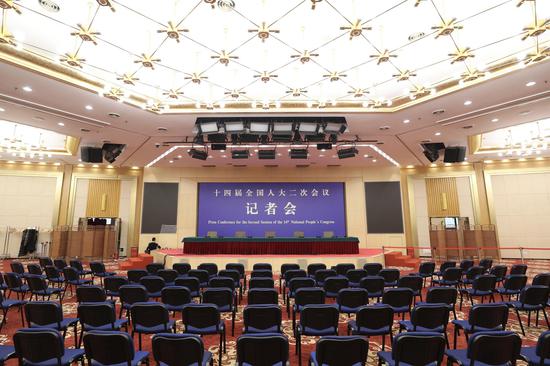
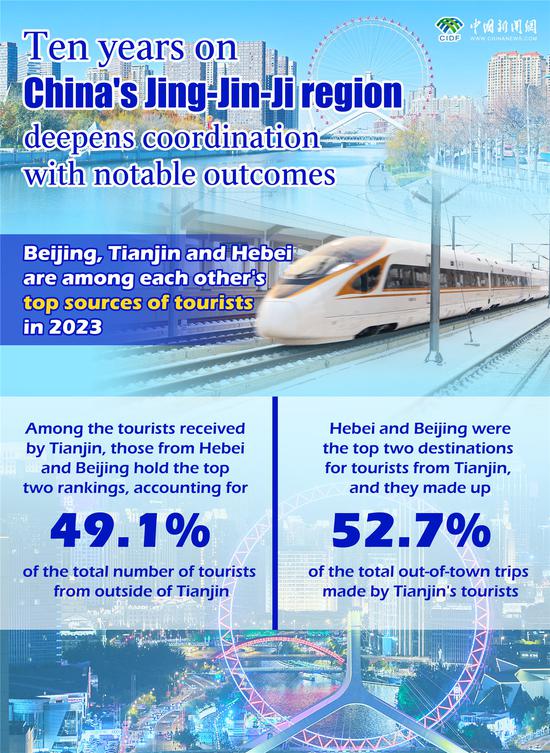
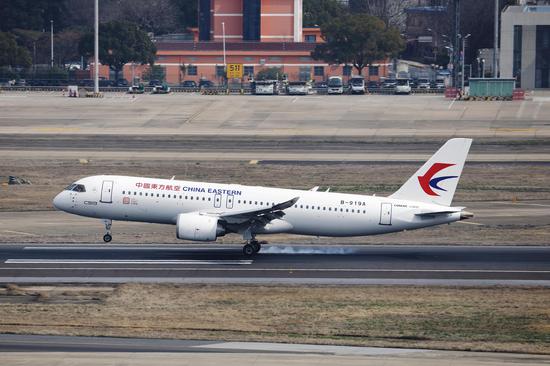
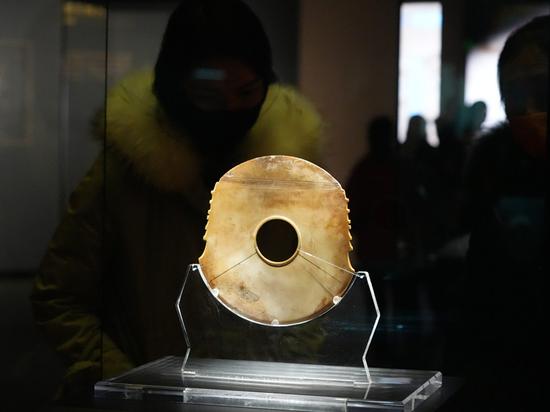
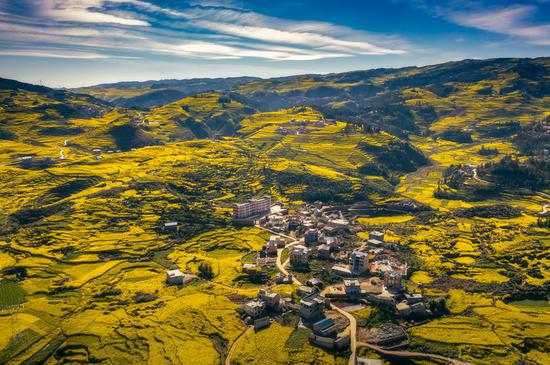

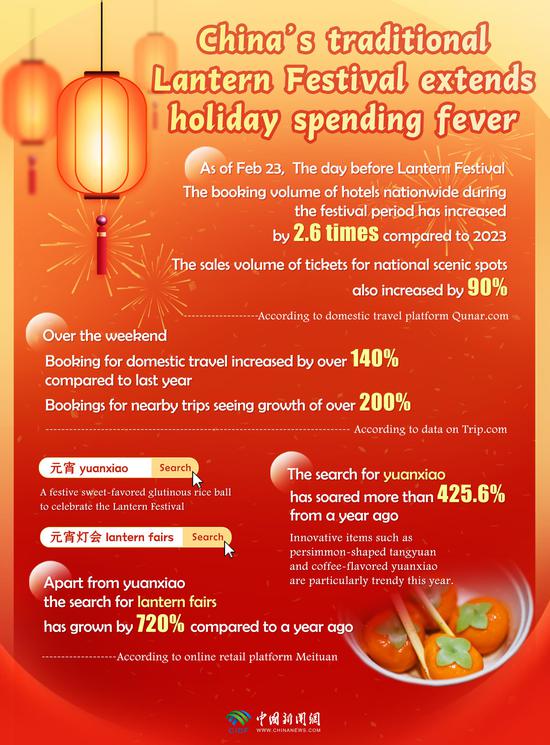
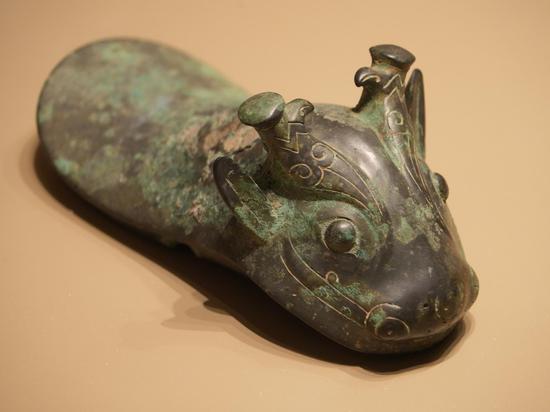
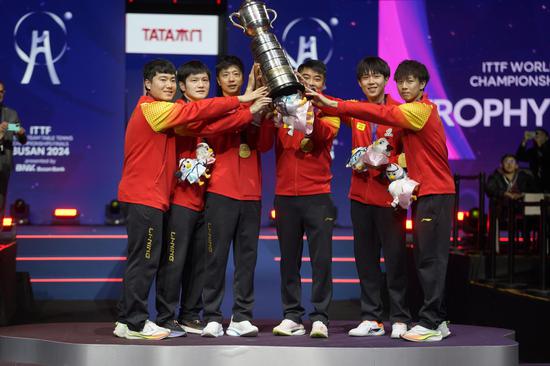


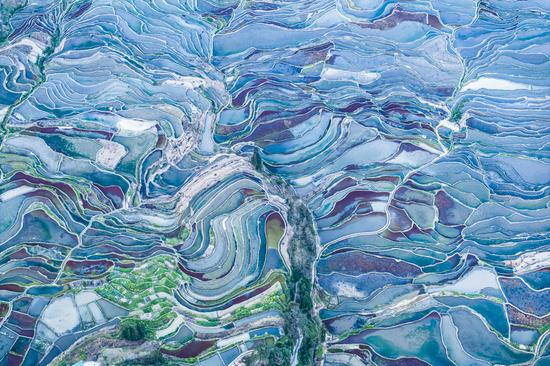

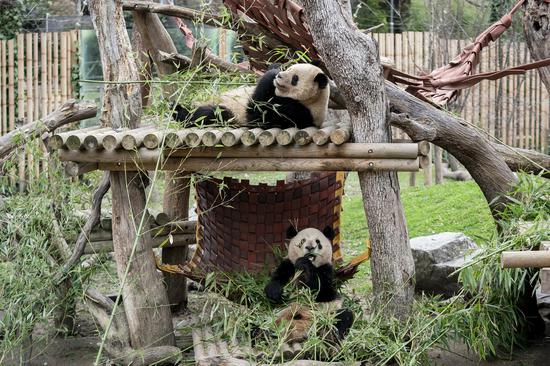
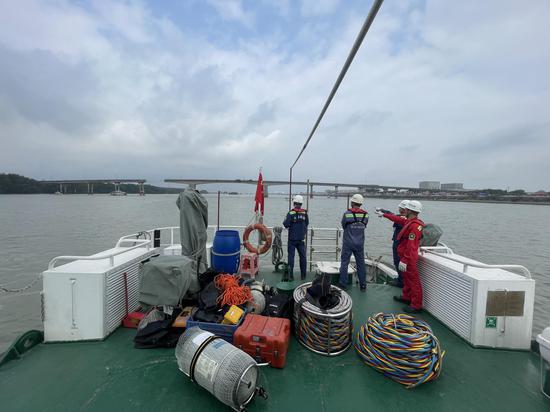
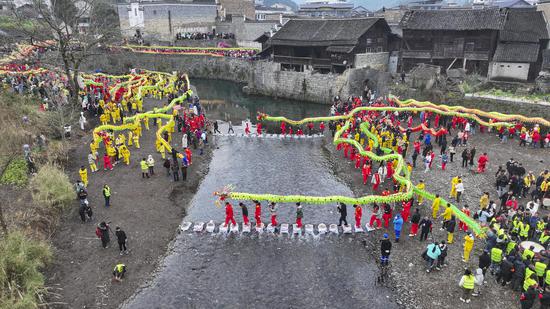
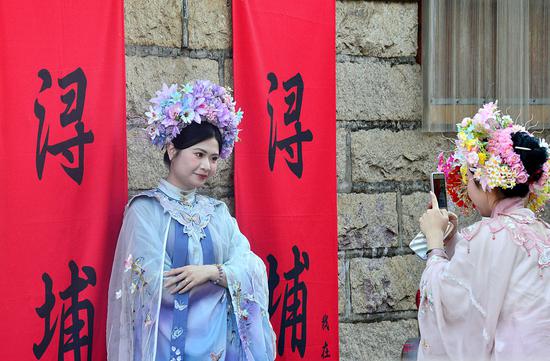
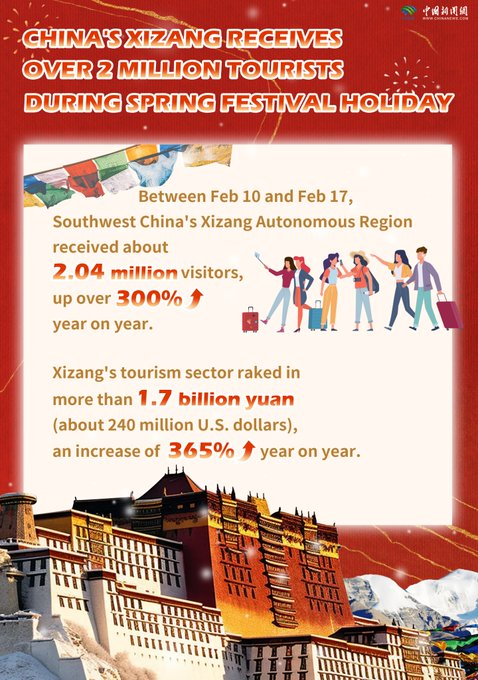
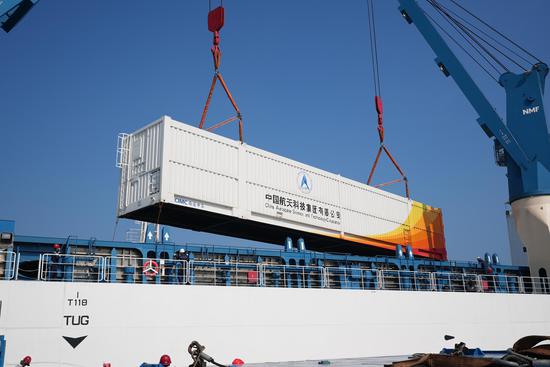
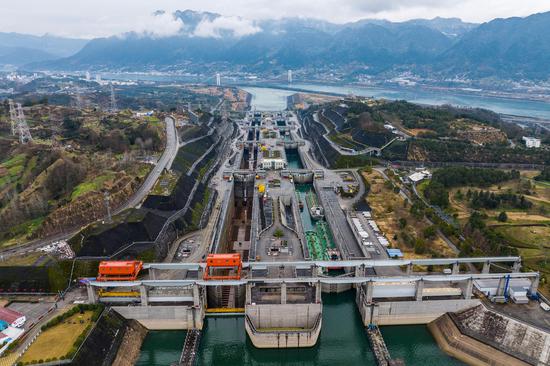
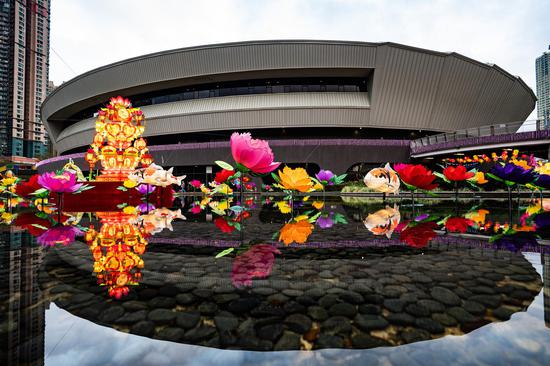
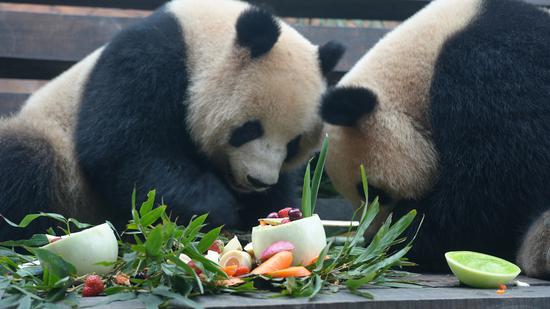


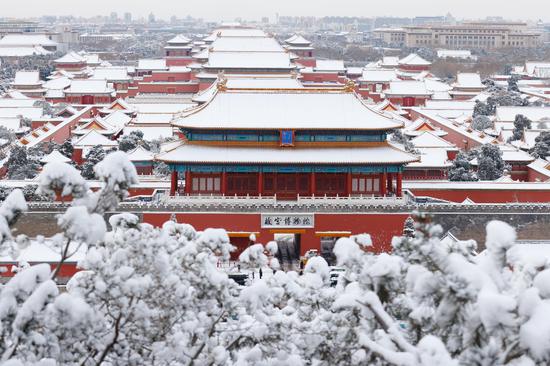
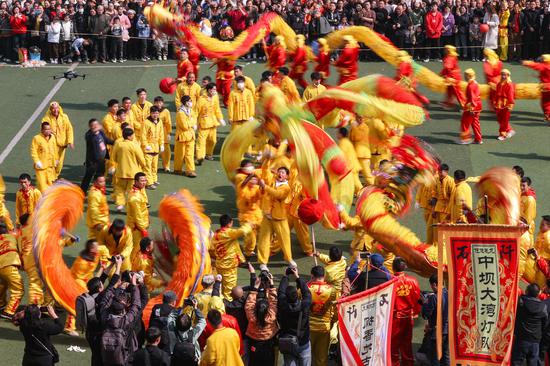
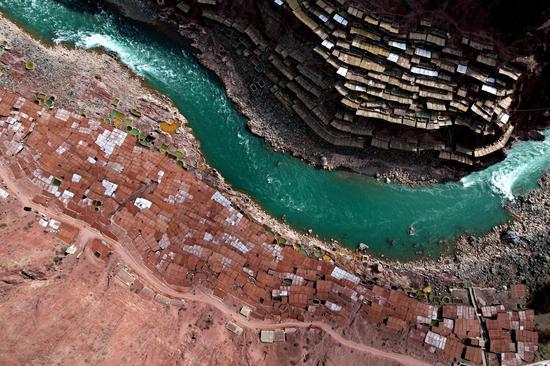

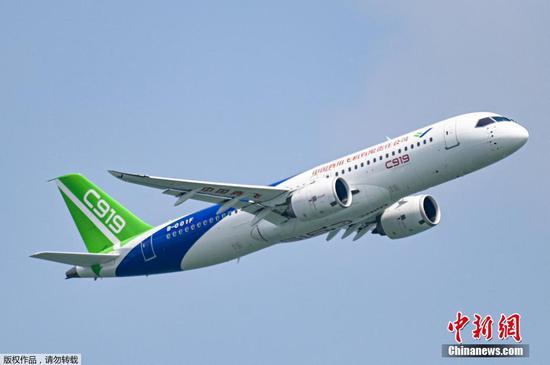
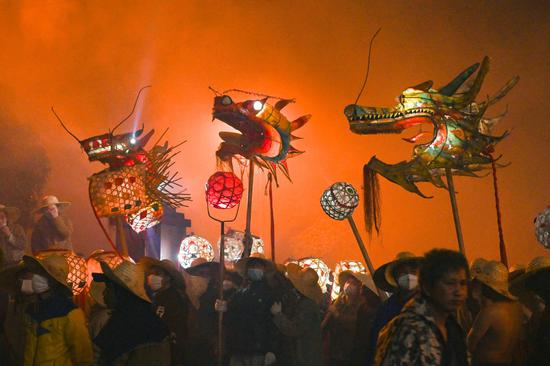
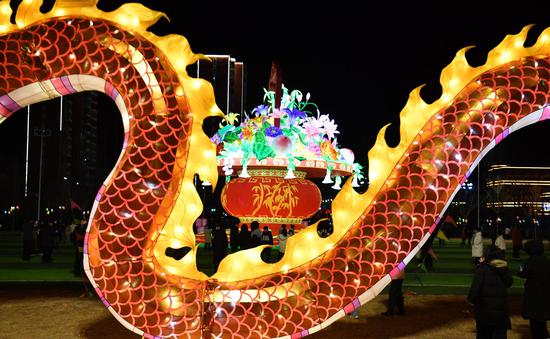
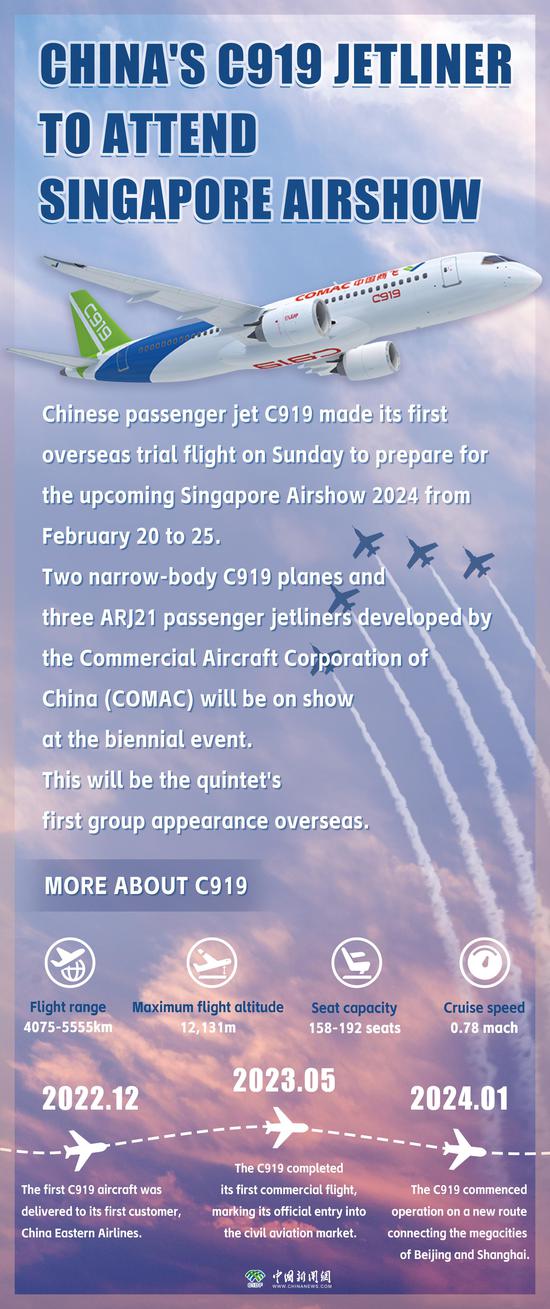
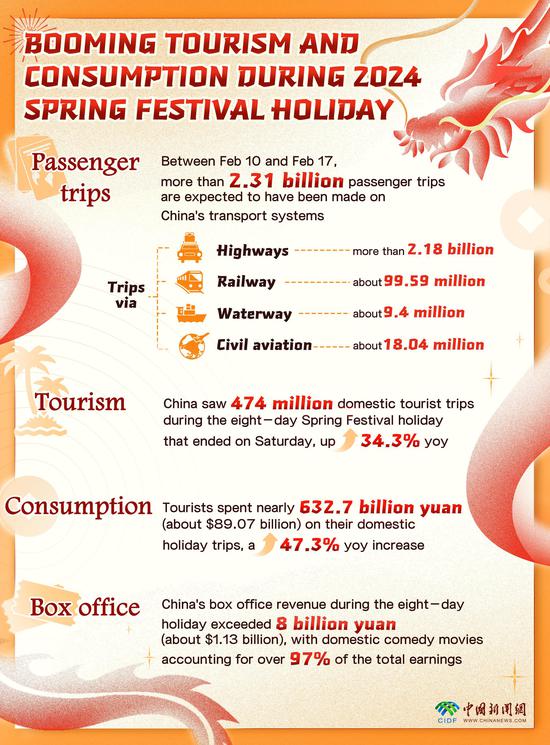
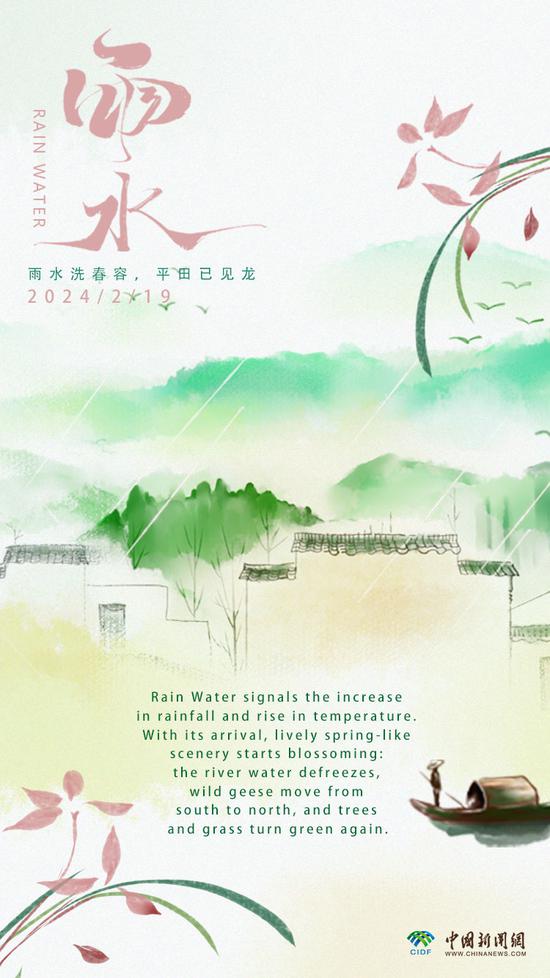

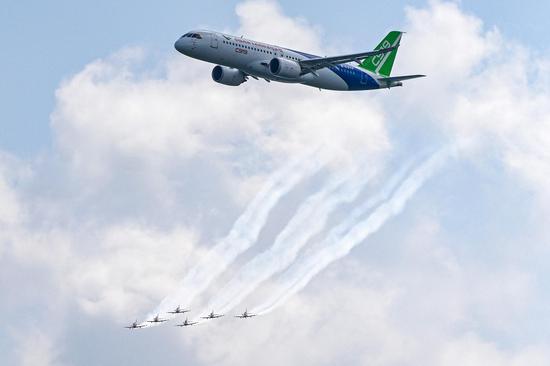
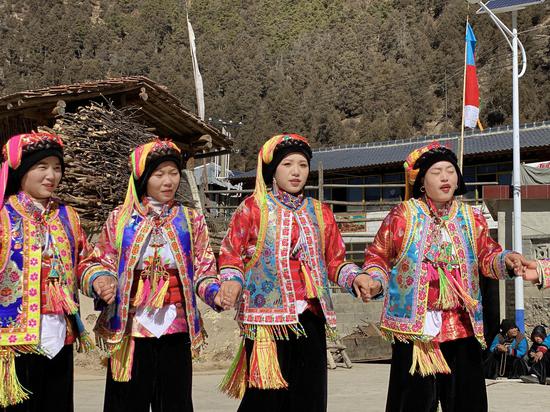





 京公網(wǎng)安備 11010202009201號(hào)
京公網(wǎng)安備 11010202009201號(hào)